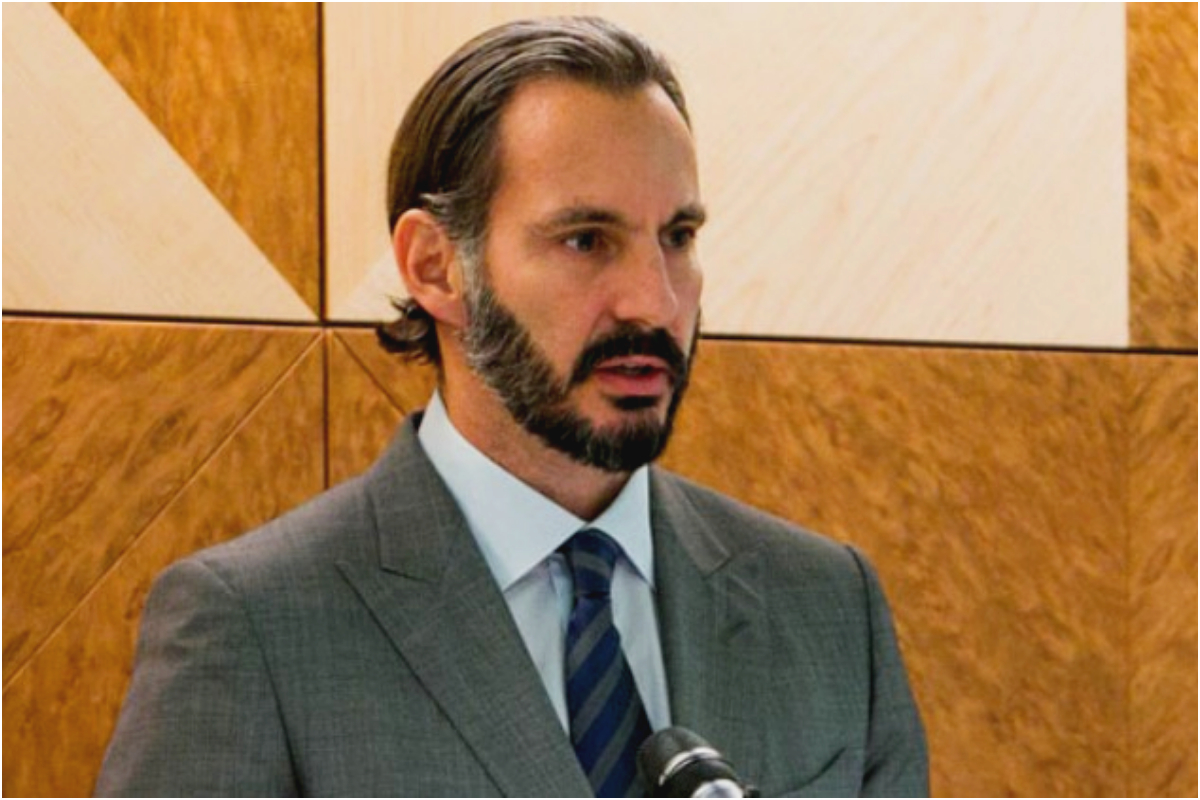LISBON: Prince Rahim Al-Hussaini, also known as Prince Rahim Aga Khan, has been appointed the 50th hereditary Imam of the Shia Ismaili Muslim community, following the unsealing of his father, Prince Karim Aga Khan IV’s will, the Aga Khan Development Network (AKDN) announced on Wednesday.
Prince Rahim Aga Khan assumes leadership after the passing of his father, who dedicated his life to philanthropy and global development. Prince Karim Aga Khan IV passed away at the age of 88 in Lisbon, the seat of the Ismaili Imamat, on Tuesday.
Born on October 12, 1971, Prince Rahim Aga Khan is the eldest son of Aga Khan IV and his first wife, Princess Salimah, formerly known as Sarah Croker Poole. He has played an active role in the Aga Khan Development Network, overseeing various initiatives, including chairing the AKDN’s Environment and Climate Committee.
The Ismaili Muslim community, estimated at 15 million members, is spread across Central Asia, the Middle East, South Asia, sub-Saharan Africa, Europe, and North America.
The late Aga Khan IV, who led the Ismaili community for over six decades, was known not only for his religious and philanthropic leadership but also for his success as a racehorse owner and his immense wealth. His business ventures spanned tourism, real estate, and horse breeding, with assets reportedly ranging from $800 million to $13 billion.
Born on December 13, 1936, in Geneva, Prince Karim Aga Khan was raised in Nairobi, Kenya, before attending the prestigious Le Rosey School in Switzerland and later Harvard University, where he studied Islamic history. At just 20 years old, he succeeded his grandfather, Sir Sultan Mahomed Shah Aga Khan, as the 49th hereditary Imam in 1957, bypassing his father, Prince Aly Khan.
Throughout his life, Prince Karim Aga Khan IV invested heavily in humanitarian efforts, believing that economic empowerment was key to combating extremism. His commitment to global development earned him admiration worldwide, with the AKDN playing a significant role in poverty alleviation, education, and healthcare.
With the transition of leadership to Prince Rahim Aga Khan, the Ismaili community enters a new chapter under his guidance.

